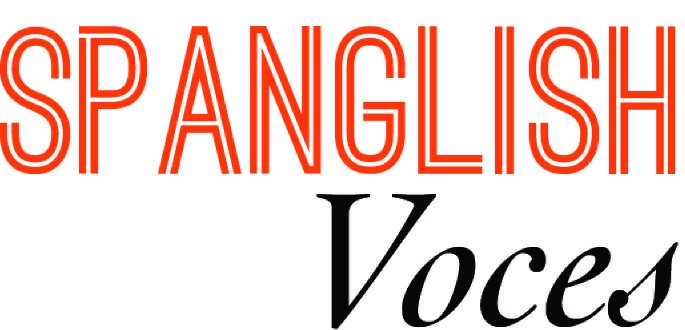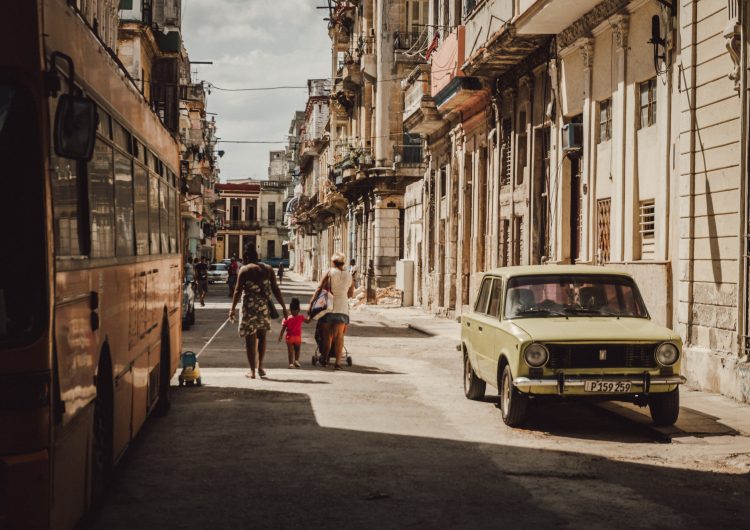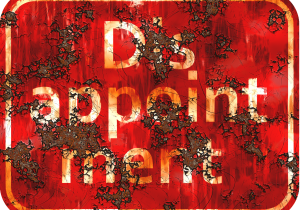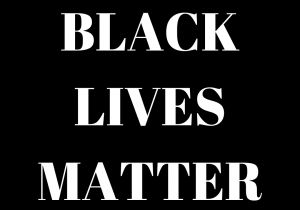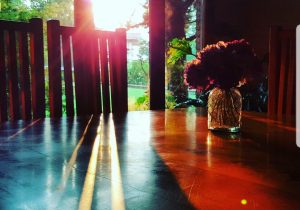Our professor wrote us an email with a bad-mood-warning kind of vibe, letting us know that not everyone going through this pandemic is on equal footing, that there are poor people crowded together dying in the streets of European cities. And the email I don’t write says, that’s right, professor, we aren’t all living through this pandemic in the same way. I don’t want to appear overly stung by his appeal to think of others nor do I want to dig my finger into his pain. The professor hasn’t been to the street where my family lives in Havana; he hasn’t seen the lacunas that pervade my memories. Mr. Professor can’t imagine the neighborhood that was built in 1910. He doesn’t see how neighbors have each done what they can, when they’ve been able. Balconies have appeared on multi-story buildings with poorly fitted pipes poking out all over the place, and sometimes there’s water and sometimes there isn’t, and when there is, it’s been polluted by broken drainage pipes. We’re not all living through this pandemic in the same way, but I didn’t need the email the professor sent me from his beach house in order to remember that.
I haven’t answered many of the emails I’ve gotten over these last few weeks–some entirely selfish ones, some superficial. No, professor, it’s not the same to be living through the pandemic in the company of family and love as it is to be doing it alone, having to dry your hopeless tears, and to decide every day to keep going because that’s your lot and that’s what your grandmother would have done, were she in your place, and what your mother does every day, braving this season of silence. But the pandemic isn’t about me, which is why I don’t answer this professor’s untimely emails. It’s why I don’t tell him about my family and our old neighborhood. The pandemic is about everyone, professor, not just you, and that’s how I will try to live through it.
One of my other professors calls me at least once a week. She asks if I’ve made the rent, if I’ll make it next month. She reminds me to eat well. To change the subject, she tells me about her mother and how the old lady continues to clean her house and look after things, while her mother’s neighbor does her grocery shopping. We talk politics; it’s her and me putting the world back together. Even though she knows more about the world than I do, actually about everything, she always listens to me, enthralled. She tells me about what her undergraduate students are up to with the same reverence as when she quotes Simone de Beauvoir.
The news tells us that the countries that have dealt best with the pandemic have women as prime ministers, presidents, and leaders. I believe it. Ms. Professor doesn’t just call me once a week. She calls many people. She talks to anyone who has a few minutes to chat. And she told me that it’s good to have hope. And I believe her.
II
“Show time! Señoras y señores. Ladies and gentlemen. Muy buenas noches, damas y caballeros, tengan todos ustedes. Good evening, ladies and gentlemen. Tropicana, the most fabulous nightclub in the WORLD … presents …”. The first pages of Tres tristes tigres by Cabrera Infante take me back to my grandmother Silvia’s back patio in Marianao. I’m running with my cousins, I’m discovering new streets. I wet the bed some nights and listen to my auntie grumble in the morning while she strips the sheets from the cot she’d made up for me.
With the phone ringing at all hours in the land of the living, I’ve thought plenty lately about my departed. I’ve thought about my black grandmother, Mariana, who wanted to see me born white; about Máximo and Juan, my grandfathers of contrasting lineage and blood, who take me by the hand to the tobacco meadow, to the planted fields and up to the hut at the top of Las Delicias, to the Tropicana from another century.
It’s not so bad, this feeling of nostalgia for Havana. It’s not so bad to miss the sun on the seafront promenade and the sunsets of the cities where you’ve lived. It’s OK to think about what might have been, at least for a little while. I tell myself it’s OK to talk with my dead, to yearn for them. I’m telling you, but just so that I can tell myself, too. It’s OK to feel bad, to be distraught, to not understand what happened or know where the world is going after this. I don’t have any more words to console others, or to console myself. And I ask myself if I am alive or if I am the one who has died, living in someone else’s memory–in the memory of a granddaughter who thinks of me in her own uncertain future, while she tells someone else: it’s OK to reminisce, it’s not wrong to feel this way.
III
What is Russian roulette? You have a revolver, and you load it with a single bullet. You bring it to your temple and you pull the trigger, hoping that the bullet doesn’t strike, that it doesn’t blow the brains out of the person firing. Russian roulette isn’t Russian. It’s a metaphor for life and, at the end, like life, there is a macabre inclination toward hope: if the gun has five bullets, the probability of coming out unscathed is 4 to 1. It’s like life, where every decision seems like squeezing a trigger or coming to the edge of a precipice, waiting to take on the risk of what’s in the realm of the possible. You could say that Russian roulette is a bet for hope. Even in our darkest hour we believe we will come out unhurt. And if not, at least we will have enjoyed those three seconds of intense yearning for a life that never was.
Longing changes, that much we know. One day you miss being alone and the next you long for your friends. Nostalgia settles and resettles. It’s the sunset; it’s the sea. I know because my nostalgia roams. Sometimes it comes apart in my mouth; sometimes I want to translate it into a song. Buika croons: el amor es simple y a las simples cosas, las devora el viento. And my nostalgia is dispelled and, for a few seconds, I feel free. And I tell myself: feel however you want in these days of frustration and inequality. Feel free to think of your dead and cry and dance and read and drink tea and do nothing. Feel free to have hope when you can. Have that at least, that freedom.
 Jesse Tomlinson is a Canadian literary translator and interpreter living in Guadalajara, Mexico. Her portfolio of Spanish into English translations can be found here: tomlinsontranslations.com/portfolio/publications. You can follow her here: @tom_trans, jessedoinginsta.
Jesse Tomlinson is a Canadian literary translator and interpreter living in Guadalajara, Mexico. Her portfolio of Spanish into English translations can be found here: tomlinsontranslations.com/portfolio/publications. You can follow her here: @tom_trans, jessedoinginsta.
Jesse Tomlinson es una traductora literaria e intérprete canadiense que vive en Guadalajara, México. Su portafolio de traducciones del español al inglés se puede encontrar aquí: tomlinsontranslations.com/portfolio/publications. Síguela aquí: @tom_trans, jessedoinginsta.
 Dainerys Machado Vento is a Cuban journalist, writer, and literary researcher. She is the author of Las noventa Habanas, a collection of short stories published by Katakana Editores in 2019. Dainerys is a PhD Candidate in Literary, Cultural, and Linguistic Studies at the University of Miami. You can follow her here: @Dainerys_MV, dainerys_mv.
Dainerys Machado Vento is a Cuban journalist, writer, and literary researcher. She is the author of Las noventa Habanas, a collection of short stories published by Katakana Editores in 2019. Dainerys is a PhD Candidate in Literary, Cultural, and Linguistic Studies at the University of Miami. You can follow her here: @Dainerys_MV, dainerys_mv.
Dainerys Machado Vento es una periodista, escritora e investigadora literaria cubana. Es la autora del libro de cuentos Las noventa Habanas (Katakana Editores, 2019). Es candidata a Doctora en Estudios Literarios, Lingüísticos y Culturales por la Universidad de Miami. Síguela aquí: @Dainerys_MV, dainerys_mv.
